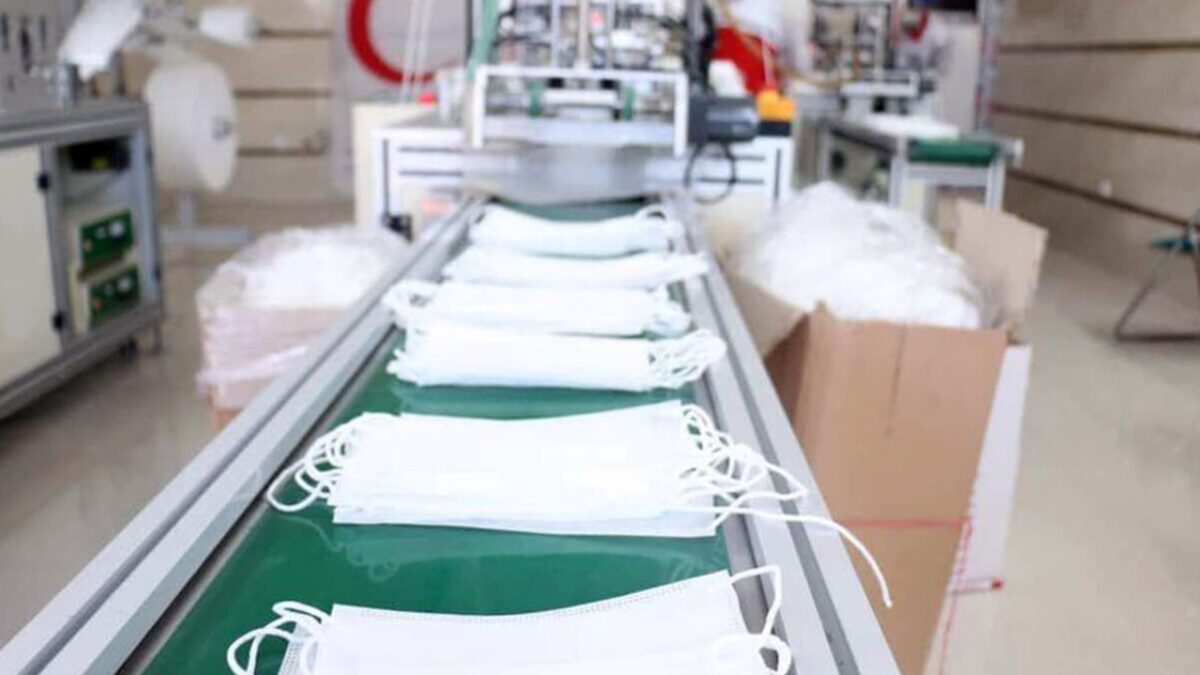Vice President for Science and Technology Sorena Sattari has, in an interview with the Iran newspaper, weighed in on the progress and scientific development of Iranian startups and knowledge-based companies.
The first part of the interview was earlier published by IFP News. What follows is the second part:
We are seeing that tough sanctions are being enforced against the country every day. Have these sanctions affected your programs, and what plans have you devised to counter them?
We cannot say that sanctions have had no effects, but on the other hand, they have had many benefits for companies because they have created good markets for firms. Moreover, culture changes with sanctions because a country which has sold oil and imported goods has not reached a point where it becomes an exporter.
We have had good progress in some domains despite sanctions. With regards to the coronavirus pandemic, for instance, many startups such as those working in the education field experienced very good progress; but on the other hand, startups operating in the transport sector ran into trouble.
On the whole, sanctions contributed to the development of knowledge-based companies.
In early 2020, you said in an interview that agreements have been signed with knowledge-based firms to produce some 5 million masks. Is it possible that knowledge-based companies produce masks for the general public at low prices?
Knowledge-based companies are working in the area of mask production in the nanotechnology field. Of course, in that interview, I talked about mask producing machines developed by knowledge-based companies, and now, all nano-masks are produced inside the country. When the novel coronavirus had just broken out in the country, domestic capacity for mask production in the country was 200,000, but only a few was produced. But in a month’s time, our first knowledge-based company managed to turn out the first mask-producing machine. Afterwards, a few other companies joined the production process as well.
At the moment, we are exporting machines used to produce nano-masks. Our information about this disease has increased, too, and now we have arrived at the conclusion that washable masks made of cloth can also be used to stem the spread of the disease.
Anyway, I’m glad to see that we have the capacity to produce more than 5 million masks at the moment.
Are there any figures regarding the medical services that knowledge-based companies and startups offered people with the outbreak of COVID-19?
I remember the first days when coronavirus had broken out in the United States, they would connect four patients to a ventilator. They had also built ventilators which could be used for 8 patients simultaneously. It was a terrible thing and they themselves knew that some of those eight patients would die, but we didn’t have any such tragic events in our country.
Note that it is not easy to produce a ventilator and each one of them costs between Rls. 2 billion to 3 billion. Of course, that is the cost of production inside the country as its international price is much higher. At a certain point, ventilators were not available on the market, so we wouldn’t be able to buy them. The reasons were that the US and European countries had rushed to the market and bought up whatever available, from ventilators to ICU room equipment and disinfectants. We produced all these items inside the country, and at the moment, we do not need to import any of this equipment.
How are things going with regards to the production of the coronavirus vaccine in the country?
We have contracts with 6 companies and research centres. Two of these agreements have gone well and have reached the clinical test stage for animals, but we still need to wait because coronavirus is an extremely complicated virus. All across the world, the process of producing a vaccine is the same. If it were a simple virus, its human vaccine would have been produced much sooner.
Less than a year to go until the tenure of the 12th administration ends. What plans would you like to see definitely get off the ground during this remaining time?
I’d very much like to see the issue of knowledge-based companies stabilized in the country. During the remaining time, we will do whatever it takes to achieve that end.
From my perspective, the capital Tehran should turn into a hub of innovation because development of the country takes place when the whole city has turned into a sci-tech park where our experts can easily work. And if somebody is an entrepreneur, he or she should be able to do their job from inside their rooms.
This is exactly what we did, and are doing, with regards to innovation activities. Unfortunately, some folks at the ministry of science want to make laws in these areas. Well, law creates limitations, which would destroy innovation and development will no longer take place. As a result, economy will not grow, either. An innovative economy needs a wild mind which is able to easily move around and bring innovation. As the administration, the only thing we can do is to not prevent it from happening and not create limitations on its way. Fortunately, with the help of the Supreme Leader, this year we will be in a better situation in terms of funding and we will make the necessary investments in this field.
